
Sitting across from Taha Hussien, the Blind Dean of Arabic Literature, is an ambitious, headstrong young woman. She weighs down papers with her wrist, and observes her supervisor with a steady gaze: Suhayr al-Qalamawi is a woman who “drew the image of the Arabic cultural renaissance” in the 20th century. With a golden intellectual fingerprint, this young mind would soon become one of Egypt’s enduring educators, and an essential figure in international intellectual fields.
Above all, Qalamawi was a literary researcher who inaugurated the Cairo International Bookfair, introducing Egypt to an exhaustive global library.
Born in 1911 in Cairo, Egypt, Qalamawi’s family was set on educating their daughters. Her father was an established surgeon, her mother was fluent in countless languages, and together they created an environment that cultivated Qalamawi’s literary inclinations. With a soft heart for humanities, Qalamawi’s father fostered her linguistic and cultural knowledge by introducing her to the Qur’an—considered not only the core node of Islam but also the single finest piece of Arabic literature.
Qalamawi excelled at reading the Holy book shortly after, and her father’s library became a haven for her developing interests. Thought leaders in literature shaped her voice, and names such as Rifa’a al-Tahtawi, Ibn Iyas, and Taha Hussein featured prolifically in her studies. Qalamawi borrowed from them, learned from them, and developed as a writer by deconstructing their greatest pieces.
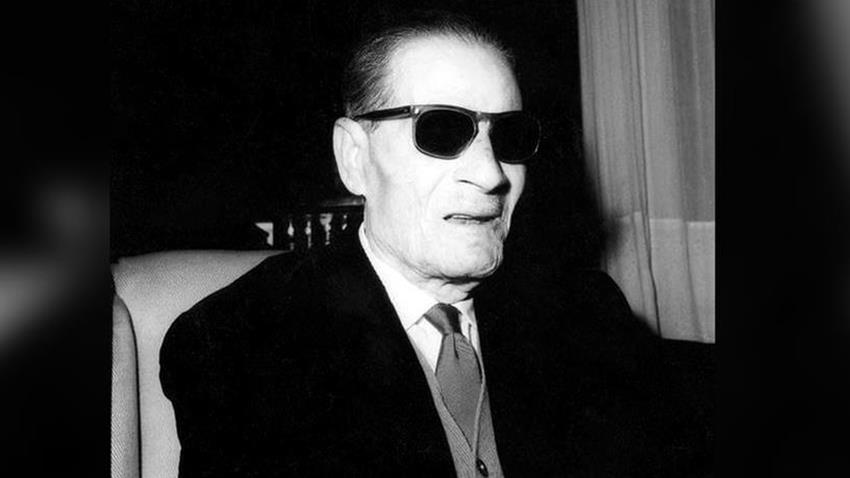
After achieving educational excellence, Qalamawi graduated from the American College for Girls in 1928, and was encouraged to continue on into university. Choosing to specialize in Arabic literature, Qalamawi was the first woman to attend Cairo University, and the only woman among 40 men in her respective grade.
During her studies, she was influenced by a number of personalities, primarily Taha Hussein, the head of the Arabic language department and the editor-in-chief of the Cairo University magazine. Qalamawi was appointed assistant editor-in-chief in 1932, becoming the first woman to obtain a journalistic permit in Egypt.
Soon after her graduation, she was appointed the first-ever woman lecturer at Cairo University in 1936.

Upon obtaining her master’s degree in Arabic Literature, she was offered a Ph.D. scholarship in 1941, sponsored by Cairo University. Qalamawi was officially the first woman to ever obtain a doctorate from Cairo University when she finalized her dissertation. Returning to Egypt marked an important stitch in her trajectory, as she soon became not only a professor at the university, but the head of the Arabic language department, and the president of the Egyptian Feminist Union.
With a determined goal to fight for women’s rights, Qalamawi integrated feminist ideology into her writings and participated in several conferences on Arab women’s rights. By 1960, she was selected as president of the International Conference on Women. Qalamawi proved to be a skilled politician, being a member of Parliament through the late 1950s, and the early 80s.
Her efforts saw tangible return, and Qalamawi was able to contribute to the cultural and political fields abundantly. As tenure head of the General Egyptian Book Organization, “she worked to expand the range of readers, encourage young writers, and advance the book industry.” It was through this initiative that Qalamawi would establish the first book fair in the Middle East and North Africa by 1967: the Cairo International Book Fair.

She continued to collect substantial titles and momentum as her career unfolded. Alongside her academic endeavors, she became the president of the Egyptian General Authority for Cinema, Theater, and Music in 1967, and the Head of the Censorship Authority from 1982 through 1985.
Much like the titles she garnered, Qalamawi’s accolades were many. She was awarded the Arabic Language Academy Award in 1954, the State Appreciation Award in Youth Literature, the State Encouragement Award, the State Appreciation Award in Literature, the First Class Order of the Republic, the Medal of Achievement, and an Honorary Doctorate from the American University in Cairo.
In 1997, after a career of excellence and immense impact, Qalamawi passed away aged 85.
There are plenty of Egyptian women who have dedicated their lives to learning, and even so, Suhayr al-Qalamawi remains one of the most vibrant and influential. Spearheading Egyptian feminism and changing the features of academia in the region, her legacy is more than just that: it is brilliance in practice, every day.

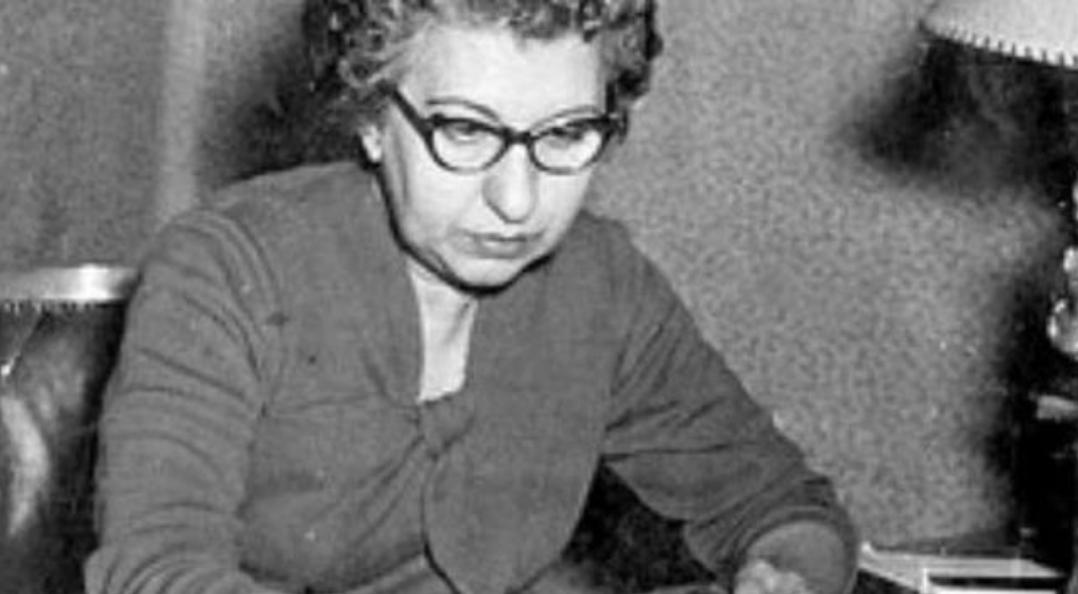


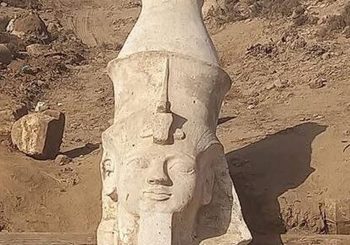
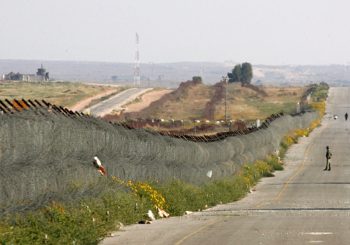
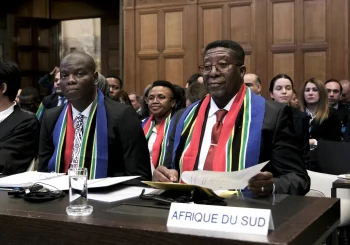
Comments (6)
[…] النسوية تحت المجهر: تذكر سهير القلماوي […]
[…] النسوية تحت المجهر: تذكر سهير القلماوي […]